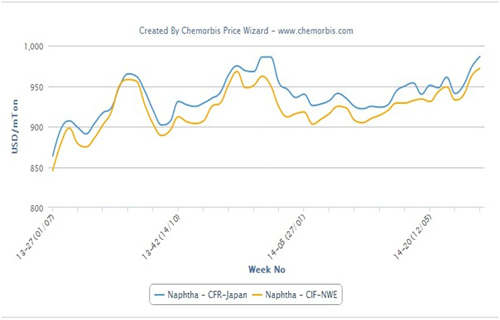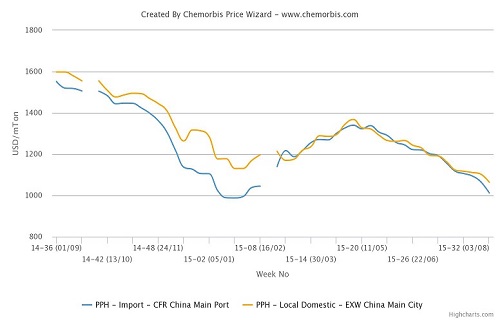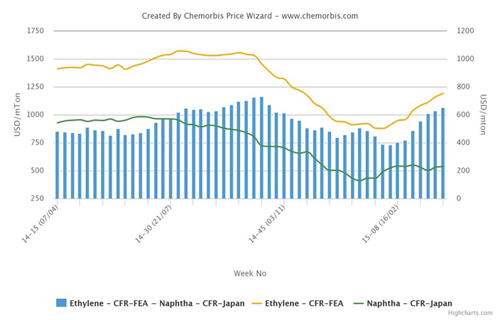Saudi Arabia warned oil prices could spike to beyond the near $150 record high of 2008 within three years as it joined other energy leaders on Monday to call for more investment to boost production over the long term.
Energy ministers and officials at the Group of Eight energy summit wrapped up the two-day meeting by urging the industry to pump money into projects to expand capacity despite the credit crisis, which has put the brakes on investment.
The meeting came as oil prices hover at a six-month high of over $60 a barrel, but producers fret that it remains below the $75 level needed to spur investment while consumer nations fear further rise in prices could hurt global economic prospects.
The recent rally in prices is expected to have eased OPEC concerns about high inventories and weak demand, and OPEC officials have suggested an output cut is unlikely at a Thursday meeting, though Libya says that possibility still exists.
Saudi Arabian Oil Minister Ali al-Naimi said the world was heading for a fresh spike after the current phase of faltering demand and lower prices, which he said reflected the economic downturn rather than being an indicator of things to come.
“We are maintaining our long-term focus rather than being swayed by the volatility of short-term conditions,” he said in prepared remarks at the summit.
“However, if others do not begin to invest similarly in new capacity expansion projects, we could see within two-to-three years another price spike similar to or worse than what we witnessed in 2008.”
Naimi painted a bleak picture of the investment scenario, saying low prices, weak demand, high costs, tight credit markets and energy policies focused on alternative fuel sources had all combined to hurt spending on new projects.
GLOBAL OIL AGENCY
The Saudi warning was echoed by a top IMF official, who forecast price spikes over the medium-term would follow relatively stable markets in the short-term.
“With long time-to-build lags, significant setbacks to oil investment today could set the stage for future sharp price increases,” IMF First Deputy Managing Director John Lipsky said.
He said energy investments were likely to remain subdued in 2010, after an expected decline in 2009. The International Energy Agency predicts investment in oil and gas exploration and production will fall 21 percent in 2009.
Paolo Scaroni, CEO of Italy’s Eni (ENI.MI), said a solution could be to create a global oil agency representing producers and consumers that would combat price volatility and ensure investments keep flowing into the energy sector.
While major producer and consumer nations debated the right oil price to spur investment without hurting the chances of an economic recovery, the World Bank urged leaders not to forget the poor in Africa.
The G8 energy summit had aimed at tackling climate change, promoting investment in new projects, spurring dialogue between producers and consumer nations and boosting energy resources in poorer countries.
It brought officials from major producer and consumer nations ahead of Thursday’s OPEC meeting, when the producer group is expected to keep output levels unchanged.
Saudi Arabia’s Naimi has previously said he expects OPEC to “stay the course” when it meets, and Algeria says all members agree that there is no need for an output cut.
Libya, however, says the possibility of a cut still remains, as the group considers whether the recent price rise is a trend or simply volatility.
Consumer nations like the United States have urged OPEC to keep its focus on price stability to prevent an oil spike that could derail hopes of an economic recovery.
The two sides ought to agree on a “respectful band” for prices that prevents volatility and allows for investment in the sector, Egypt’s oil minister said, echoing the concerns of consumer nations who fear a spike in prices.
“Yes, there is an economic and financial crisis, but in the oil and gas sector you cannot sleep,” Sameh Fahmy told Reuters. “When the high prices come back again what are you going to do?”
Source: news.chemnet.com








